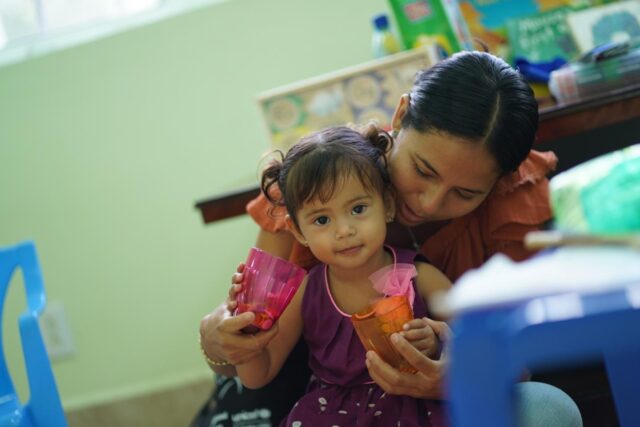The recent spike in omicron cases is impacting the mental health of many pupils in South Carolina, according to health professionals. This is mostly due to recent school closures, which have forced many youngsters to adapt to virtual learning.
“COVID has sort of pushed things over the edge,” Kelsey Allen, a paediatric emergency medicine resident at the Medical University of South Carolina, said. “It isolates teenagers who thrive on social connection and regularity,” says the author.
At least 230 South Carolina schools have gone virtual for at least one day for COVID-related reasons since the beginning of 2022, bringing over 100,000 students into virtual learning.
Since the beginning of 2022, approximately 400,000 students and staff have been confined due to COVID-related issues. We’ve seen a consistent stream of teenage inpatient acute crisis stabilisation requests, particularly for suicide thoughts and mental health concerns that are directly tied to children being taken from school.
Shawn Jenkins Children’s Hospital’s emergency department and fellow of the American Academy of Paediatrics, said it’s evident that schools should remain open as much as possible throughout the epidemic.
“A lot of young children have been presenting to the emergency department with worry, tension, and even suicidal ideas,” Pruitt said. “When you’re talking about 5-, 6-, and 7-year-old children, it’s quite awful.”
However, several state health experts claim that the number of paediatric mental health patients has been steadily increasing since before the epidemic, and that COVID-19 has just aggravated the problem.
“This isn’t a new problem,” Allen explained. “With COVID-19, it became increasingly difficult for teenagers and adolescents to manage.”
During the first wave of the pandemic, paediatric mental health-related emergency department visits increased by 24% among children aged 5-11 and by over 30% among children aged 12-17, according to the Centres for Disease Control and Prevention.
Doctors also advise that people utilise social media less as a form of social connection.
Tik Tok, Instagram, and Facebook, according to Loper, can lead to cyberbullying, socially imposed perfectionism, and sexting.







